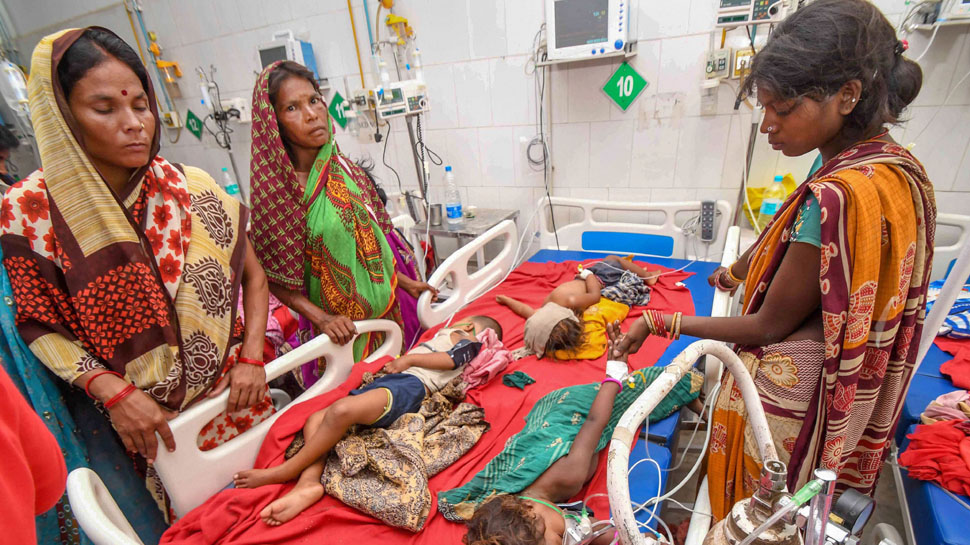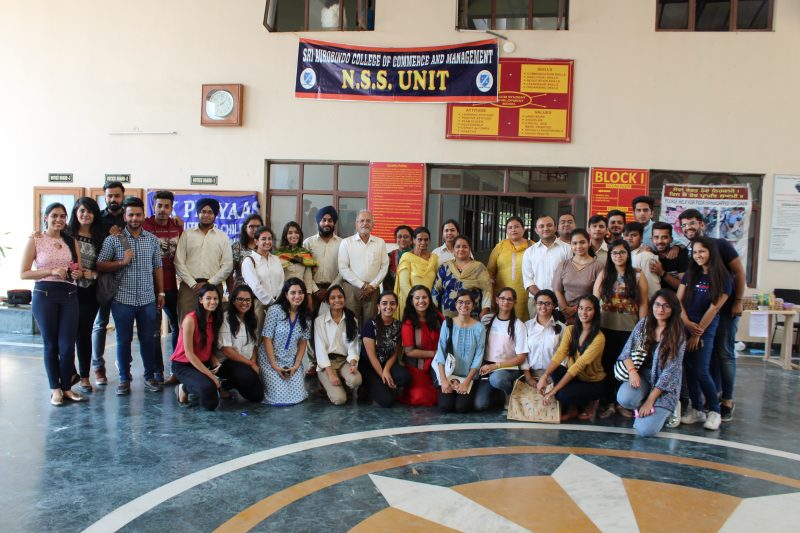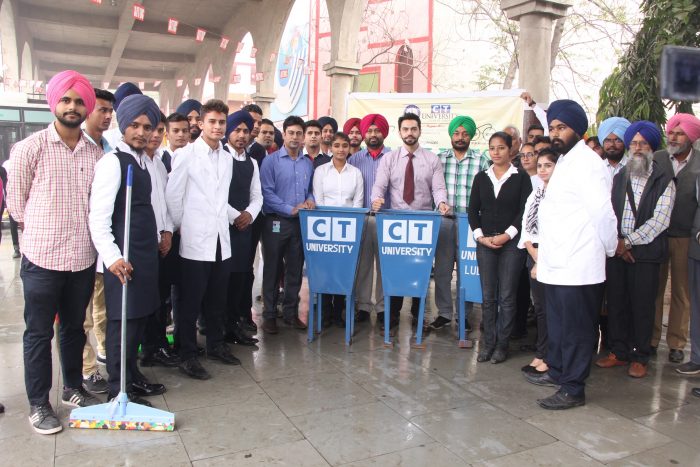The Acute Encephalitis Syndrome (AES), which has been wreaked havoc in Muzaffarpur district of Bihar, is now spreading in other districts of the state as well as some children are being admitted with similar symptoms in Samastipur, Banka and Vaishali.
On Wednesday, the death toll due to the vector-borne disease rose to 117 in Muzaffarpur. A total of 98 children died at the Sri Krishna Medical College and Hospital (SKMCH) and 19 others at city’s Kejriwal Hospital in Muzaffarpur.
As per media reports, three infants with AES symptoms were admitted to a hospital in Samastipur. However, one of the three died while being shifted to SKMCH hospital.
In Banka district, panic triggered after death of a two-year-old in a village while in Vaishali, as many as 15 suspected cases of encephalitis have been reported in Hajipur.
Besides these three districts, the disease has also gripped the neigbouring Ranchi with several children being admitted to hospital with similar symptoms.
The outbreak of the disease has prompted the state government to take preventive measures to contain the epidemic and extend financial aid to the affected people.
As the fatalities continue to rise, Chief Minister Nitish Kumar had last week announced an ex-gratia of Rs 4 lakh to families of the deceased.
Earlier, Union Health Minister Harsh Vardhan visited the state to take stock of the situation and review measures taken for containment of the disease.
During his visit, Vardhan announced setting up of a state-of-the-art research centre in Muzaffarpur within a year to deal with the menace of the disease.
“The central government will provide all possible help including financial [assistance] to the state to control the situation, provide proper treatment and develop the infrastructure needed for it,” he had said.
He also announced that a new 100-bed intensive care unit will be set up in SKMCH within a year to provide proper treatment to patients with AES symptoms.












